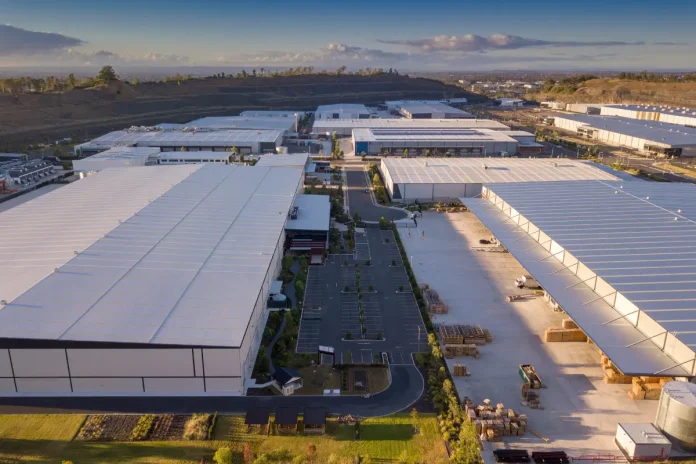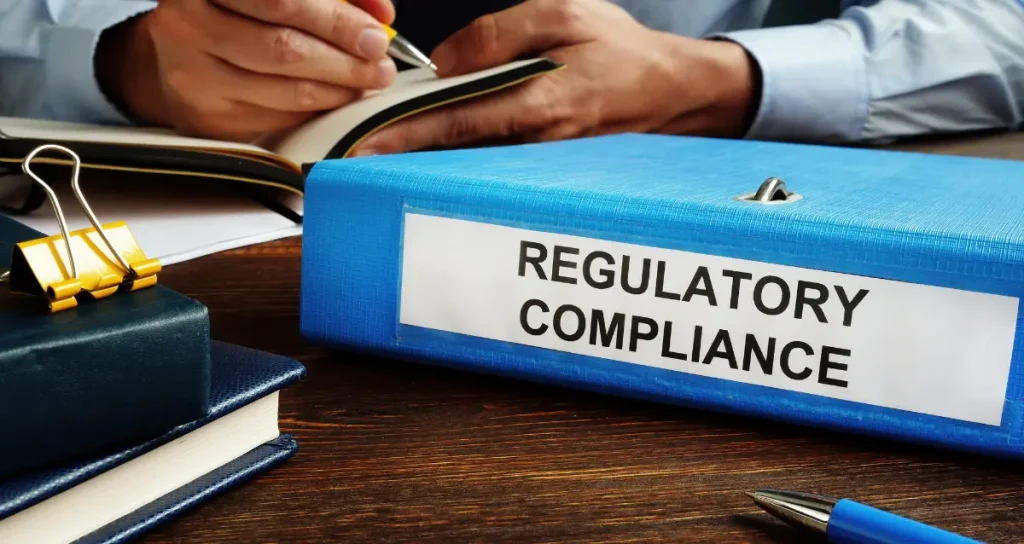
Industrial warehouses play a crucial role in our economy. Yet, they must follow strict emission regulations. When these rules are violated, serious legal consequences can arise.
Businesses may face hefty fines or even legal action. This raises an important question: how can warehouses ensure compliance with these regulations? Understanding the legal implications is vital for any industrial warehouse manager.
This blog will explore the consequences of emission violations. We will look at ways to remain compliant and avoid potential pitfalls. Let’s delve into what every warehouse needs to know about emissions and the law.
Understanding Emission Regulations
It is vital to understand the regulations surrounding emissions for industrial warehouses. These regulations are put in place by government agencies, such as:
- Environmental Protection Agency (EPA)
- European Union Emissions Trading System
Emissions from industrial warehouses can include air pollutants. It includes:
- greenhouse gases
- particulate matter
- volatile organic compounds
The specific regulations will vary depending on location and industry. For example, a warehouse near a residential area may have stricter rules.
Legal Consequences of Emission Violations
When a warehouse fails to follow regulations, it can result in legal consequences. These may include:
Financial Penalties
Financial penalties are a common consequence of emission violations. Depending on the severity of the violation, these penalties can be substantial. The fines are often calculated based on the level of emissions.
A higher level may lead to larger fines, which can reach thousands of dollars in some cases. Repeated violations can result in escalating penalties.
This means that businesses can face increased financial burdens. Paying these fines can affect a warehouse’s bottom line.
It may constrain resources for other operational needs. Compliance is vital to avoid these costly repercussions.
Legal Action
Emission violations can lead to legal action against warehouses. Government agencies may sue businesses that do not follow emission laws. This legal action can take various forms, including lawsuits and enforcement actions.
When sued, a warehouse may need to spend resources on legal fees and court costs. This can add additional stress to their operations. Moreover, a legal case can damage a company’s reputation and relationships with customers.
If the violation is serious, it may lead to more stringent regulations on the business in the future. A warehouse could implement costly upgrades to its facilities or operations.
In some cases, repeat offenders may even face criminal charges. So, warehouses must focus on compliance to avoid potential legal troubles.

Revocation of Permits
Revocation of permits is another serious consequence of emission violations. When warehouses do not follow emission regulations, they risk losing operating permits.
These permits are essential for conducting business legally. When warehouses fail to follow emission regulations, they risk losing operating permits. This can mean significant downtime, leading to lost revenue and unhappy customers.
The process of regaining permits can be lengthy and complicated. Businesses may need to show changes in practices. It is to ensure emissions are within legal limits.
During this period, warehouses could face increased scrutiny from regulatory agencies. This increased attention may lead to further inspections and compliance checks.
Warehouse managers need to maintain good standing with regulatory bodies. It is to avoid this drastic measure. Compliance safeguards their operations.
Increased Scrutiny
Increased scrutiny is a significant consequence of emission violations. Warehouses that do not follow emission standards face increased scrutiny from regulatory agencies. This means that officials may conduct more frequent inspections of the facility.
These inspections can be thorough, looking at every aspect of operations. If a warehouse has a history of violations, the scrutiny intensifies. Agencies may examine records, equipment, and reports closely.
Checks can create extra work for warehouse staff. Managers will need to be prepared to explain their practices and provide documentation. This heightened oversight can lead to more opportunities for discovering further issues.
As a result, compliance becomes an ongoing challenge. The stress caused by increased scrutiny can affect operations. Keeping up with regulations will help reduce the risk of further violations.
Damage to Reputation
Damage to reputation is a serious consequence of emission violations. When a warehouse is found guilty of violating regulations, it can harm its public image.
Customers and partners may lose trust in a business that does not follow the rules. This decline in trust can result in lost sales and fewer new clients. Companies may also find it harder to attract investors when their reputation is at risk.
Negative media coverage can further damage a warehouse’s reputation. Reports of violations can spread quickly, affecting how potential customers view the business.
Competitors may use this information to their advantage. It leads to a loss of market share. To rebuild a damaged reputation, warehouses must demonstrate their commitment to compliance. They should show their dedication to environmental responsibility. This process requires time and effort, but it is vital for long-term success in the industry.
Maintaining Compliance
To avoid these legal consequences, warehouses must prioritize compliance with emission regulations. To help you learn about NYC local law 97 compliance. Here are some steps that managers can take to ensure compliance:

Stay Informed
It is crucial to stay up-to-date on emission regulations. Keep an eye on any updates or changes made by government agencies. This can be done through:
- attending seminars
- subscribing to newsletters
- consulting with environmental experts
Implement Emission Control Measures
Installing emissions control technology, such as air scrubbers, can help reduce pollutants. This technology is essential for maintaining a cleaner environment in the warehouse. Regular maintenance of these systems is also crucial for optimal performance.
Conduct Regular Inspections
Managers should regularly inspect the warehouse for any potential sources of emissions. They need to address these issues promptly. This can include:
- leakages
- improper disposal of hazardous materials
- outdated equipment
Learn About the Legal Consequences of Emission Violations for Industrial Warehouses
Industrial warehouses must prioritize emission compliance. The legal consequences of violations are significant and can lead to reputation damage. Knowing the regulations is essential for every warehouse manager.
Implementing control measures and regular inspections helps ensure compliance. Proactive efforts will protect businesses from compliance issues.
Maintaining a positive reputation is vital for success. In the long run, responsible practices benefit the environment and business operations.
Did you find this article helpful? If so, check out the rest of our site for more informative content.
FURTHER READING









